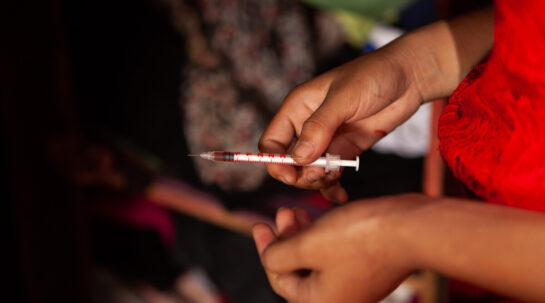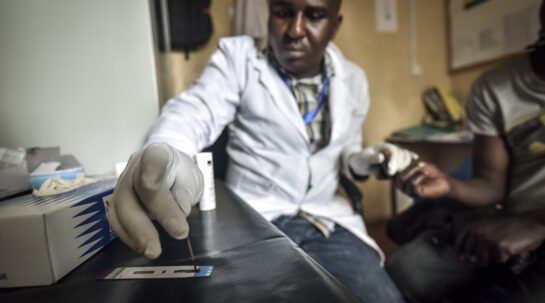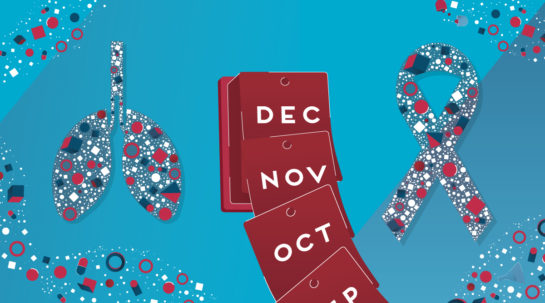Making 2030 Hepatitis C elimination goal a reality
Unitaid has invested more than US$45 million since 2015 in support of projects devoted to improving access to care for hepatitis C.
Hepatitis C virus (HCV) is an infectious, blood-borne disease that primarily affects the liver, and can lead to serious liver damage including cirrhosis and cancer if left untreated. The World Health Organization (WHO) estimates that 58 million people suffer from HCV globally – nearly twice as many people as there are living with HIV – with an estimated 290,000 HCV-related deaths in 2019.
In support of the global goal to eliminate viral hepatitis as a public health problem by 2030, and with particular attention to more vulnerable populations, such as those living in low- and middle-income countries (LMICs), Unitaid has invested to make essential medicines available, simplify testing and treatment, improve diagnostic tools, bring care closer to the people at-risk, and raise awareness of treatment programmes with affected communities and governments.
How did Unitaid make a difference? Top achievements include:
- Unitaid enabled the production and supply of quality-assured, affordable medicines, to ensure life-saving new treatments did not remain out of reach in LMICs
- Unitaid worked to connect the most at-risk communities to care, by demonstrating effective methods to integrate HCV care into HIV and harm reduction programmes, and building outreach efforts to advocate for services and raise awareness at both the community and government levels
- Unitaid drove the development and implementation of simpler tools and machines to allow for HCV to be diagnosed at local clinics
- Evidence generated through Unitiad’s projects led to the WHO to announce new recommendations to enable hepatitis C self-testing
Find out more about Unitaid’s impact in HCV – read the impact story.

Unitaid’s Executive Board has recognised the following as specific priorities:
- For people living with HIV, expanding access to diagnosis and treatment of co-infections
By the numbers
-
58 million
Estimated number of people living with HCV in 2019.
-
15.2 million
Estimated number of people diagnosed with HCV.
-
9.4 million
Estimated number of people who have received treatment for HCV.




